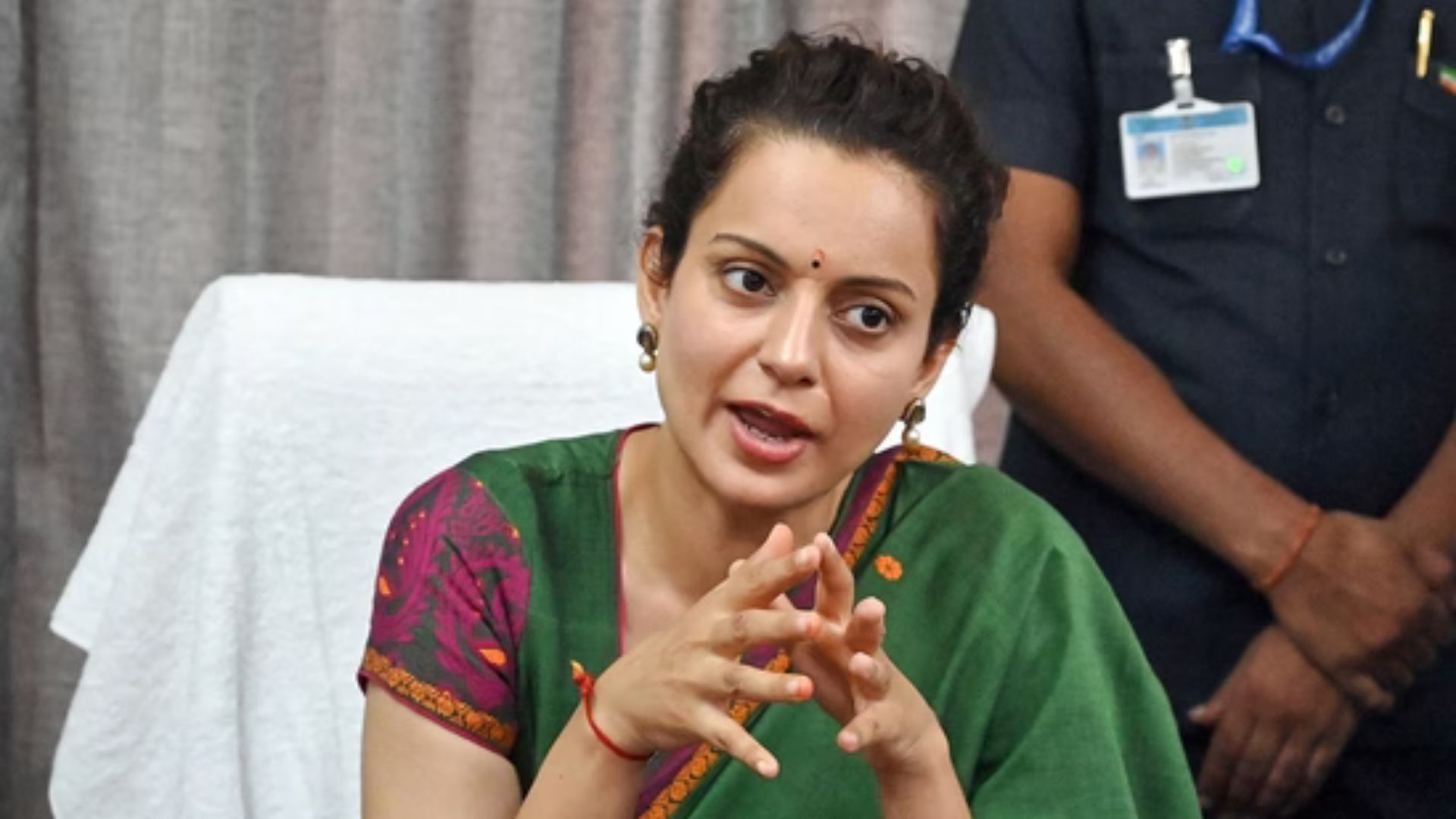
ABSTRACT
Cryptocurrency is a term used for digital currency involving the Blockchain technology which can also be known by other names such as bitcoin, Litecoin, Cardano, Polkadot, coin cash and many other important names when it comes to the digital currency market. The article discusses about the regulation and the meaning of crypto currencies and the history behind the evolvement of the crypto currencies what is the take of different countries and different states around the world when it comes to the regularization of digital currency using Blockchain technology. The need for proper regulation and framework is being emphasized in this article for cryptocurrency. The article also discusses about the legal aspects of the cryptocurrency market and what the governments of different countries think about digital currencies. In the ending lines of the article the author tries to establish the fact that by cryptocurrency should be made legalized by new forms of regularization of cryptocurrency should be introduced in the markets.
WHAT IS CRYPTOCURRENCY AND HOW IT EVOLVED?
Cryptocurrency is the name given to a system that uses cryptography to allow the secure transfer and exchange of digital tokens in a distributed and decentralised manner. These tokens can be traded at market rates for fiat currencies. The first cryptocurrency was Bitcoin, which began trading in January 2009. Since then, many other cryptocurrencies have been created employing the same innovations that Bitcoin introduced, but changing some of the specific parameters of their governing algorithms. The two major innovations that Bitcoin introduced, and which made cryptocurrencies possible, were solutions to two long-standing problems in computer science: the double-spending problem and the Byzantine Generals Problem Cryptocurrency is the name given to a system that uses cryptography to allow the secure transfer and exchange of digital tokens in a distributed and decentralised manner. These tokens can be traded at market rates for fiat currencies. The first cryptocurrency was Bitcoin, which began trading in January 2009. Since then, many other cryptocurrencies have been created employing the same innovations that Bitcoin introduced, but changing some of the specific parameters of their governing algorithms. The two major innovations that Bitcoin introduced, and which made cryptocurrencies possible, were solutions to two long-standing problems in computer science: the double-spending problem and the Byzantine Generals Problem
Cryptocurrency is the name given to a system that uses cryptography to allow the secure transfer and exchange of digital tokens in a distributed and decentralised manner. These tokens can be traded at market rates for fiat currencies. The first cryptocurrency was Bitcoin, which began trading in January 2009. Since then, many other cryptocurrencies have been created employing the same innovations that Bitcoin introduced, but changing some of the specific parameters of their governing algorithms. The two major innovations that Bitcoin introduced, and which made cryptocurrencies possible, were solutions to two long-standing problems in computer science: the double-spending problem and the Byzantine Generals Problem Cryptocurrency is the name given to a system that uses cryptography to allow the secure transfer and exchange of digital tokens in a distributed and decentralised manner. These tokens can be traded at market rates for fiat currencies. The first cryptocurrency was Bitcoin, which began trading in January 2009. Since then, many other cryptocurrencies have been created employing the same innovations that Bitcoin introduced, but changing some of the specific parameters of their governing algorithms. The two major innovations that Bitcoin introduced, and which made cryptocurrencies possible, were solutions to two long-standing problems in computer science: the double-spending problem and the Byzantine Generals Problem
An economy based earlier on barter system and later turning into an economy in which coin system has been evolved as an exchange of commodities and something collateral to the product or commodity eventually turning into a system of cash exchange the literal meaning of cash means exchanging of a paper currency or currency in terms of paper with different denominations of it. With the involvement of technology and artificial technology it is now a new normal in the world which is digital currency and digital currency we do not have to make any iron coins or cut any tree for the manufacturing or making of paper currency of different denominations. In the contemporary world nowadays cryptocurrency and bitcoin I hope you all have heard about it is the new normal and people are more inclined and eager to learn about these things as when the digital currency has been evolved in the form of Paytm or Phone pay etc. Concerning the needs of the consumer for contact less purchases these currencies are the need of an hour to change the world and change the way we buy and sell the commodities. Cryptocurrency is the name given to a system that uses cryptography to allow the secure transfer and exchange of digital tokens in a distributed and decentralised manner. These tokens can be traded at market rates for fiat currencies. The first cryptocurrency was Bitcoin, which began trading in January 2009. Since then, many other cryptocurrencies have been created employing the same innovations that Bitcoin introduced, but changing some of the specific parameters of their governing algorithms. The two major innovations that Bitcoin introduced, and which made cryptocurrencies possible, were solutions to two long-standing problems in computer science: the double-spending problem and the Byzantine Generals Problem. Cryptocurrency use Blockchain-based technology but it comes to rendering of services and exchange of currency.
The innovation of cryptography technique and blockchain has made cryptocurrency an alternative medium of exchange due to its safety, transparency and cost effectiveness. But its main feature cannot be separated from the users who use cryptocurrency for their illegal transactions. There are several arguments related to the legality of cryptocurrency. The purpose of this paper is to analyse the nature of cryptocurrency based on characteristics of money, legal perspective, economic perspective and Sharia perspective. Since its launch in 2009, the existence of cryptocurrency is becoming increasingly popular throughout the world. It has attracted so much attention, due to its unique characteristics. It is a digital currency that is not issued by any central authorities. It is also highly secured because it uses cryptography technique by using encryption protocol to identify and verify transactions. It is also transparent, storing publicly every transaction details in distributed ledger, but the identity of the users involved remains anonymous. The price of cryptocurrencies is based on the supply and demand law. Due to high interest, the price of cryptocurrencies, namely Bitcoin, rose highly. As recorded in July 2010, the price of Bitcoin was USD 0.04951, and it reached highest in December 2017, which was USD 19,870, or increased by 40,133,206 percent from the first price recorded. The high interest in cryptocurrencies creates threats to the banking and finance industries. As a digital currency that is not issued by any central authorities, its values are not influenced by monetary policy. Without any intermediaries, it can decrease the cost of a transaction. Furthermore, the cost that related to remittance also can be decreased, so the financial transaction across the border can be more efficient. Despite cryptocurrency’s advantage, many countries reject cryptocurrency as a legal currency due to its negative publicity, namely Silk Road Case in July 2013. Silk Road is a hidden internet marketplace for drugs and illegal services that has been closed by the FBI. Buyers used Bitcoin for transaction and its main feature is that it makes the buyers anonymous.
THE LEGAL POINT OF VIEW ON CRYPTOCURRENCY
As of now there is not a comprehensive legislation dealing with the scope and uses of cryptocurrency in India but there are certain notices and orders issued by the concerned authorities such as in 2018 the Reserve Bank of India (RBI) banned banks and any regulated financial institutions from “dealing with or settling virtual currencies.” On 14 Jan 2018, RBI confirmed that it had not issued any licenses or authorisations to any entity or company to operate a scheme or deal but had issued warnings about dealing in virtual currencies and introduced a requirement for firms to unwind or exit their positions. It also confirmed that new prohibitive regulations were planned. The sweeping regulation prohibited the trade of cryptocurrencies on domestic exchanges and gave existing exchanges until 6 July 2018, to wind down. The RBI in its circular in 2018 banned the use and flow of cryptocurrency in India the circular introduced by the RBI in general public restricted or imposed a ban on the use of cryptocurrency by all banks across the territories of India. The use and flow of crypto across the nation gave a blow to the share markets as well the investors. Thereafter the Supreme Court of India taking Suo-moto Cognizance In this matter lifted the ban from the use of Cryptocurrencies In India with a landmark judgment in Internet and Mobile Association of India v. Reserve Bank of India the Apex court held that yes RBI has been given the power to authorise and regulate the financial economy of the country but the bar on the flow and use of cryptocurrency in India as per the notice issued in general public by the RBI was not proportional and a rational decision. The Apex court by using the doctrine of proportionality reached on to this judgement in conclusion and hence lifted the ban from the use of crypto based currencies in India. Later in the Parliament for the present session indicated that a new comprehensive bill namely the Cryptocurrency and Regulation of official Digital Currency Bill, 2021 and probabilities are there that this bill will likely to be discussed over a tea in the Parliament session. As we have understood that the crypto currencies are based on Blockchain technology and if the Blockchain itself is a grey area of privacy your privacy is on the stake then the currency exchange will not be set as secured that’s why the RBI to an notice banned cryptocurrencies in India. To save the nation from potential fear of money laundering, tax evasion, terrorism funding for that matter the RBI had banned cryptocurrencies. India has recognised crypto currencies as a valid asset.
WHAT OTHER COUNTRIES SAY
In European Union the commission in European Union has put forward a directive on markets in crypto assets to further regulate the flow in trading with crypto assets and support the digital finance in Europe and states.
The Australian securities and investment commission has also directed a guideline which is about the regulation of crypto currencies as financial products under their security law. This regulation indicates that businesses or persons investing in cryptocurrency need to be licensed. Similarly in Thailand the government passed a law in May 2018 to regulate the entity is relating to crypto currencies and digital currencies under the supervision of the office of the securities and exchange commission. Whereas countries like UAE, Vietnam, Bolivia on the other hand has banned the use of crypto currencies in the nation.
WHAT IS THE LIKELIHOOD IN FUTURE?
According to the report of financial express there are around 1.5,00,00,000 or more crypto investors in the country dealing with the digital currency in the Indian market and also around 350 start-ups believed to be working in the block chain and in the crypto space. According to the sources the RBI is also working to introduce Central Bank Digital Currency (CBDC) Bill in a phase wise manner took up the extraordinary consequences of virtual or digital currencies.
Also the draft of cryptocurrency and regulation of official currency Bill 2019 is pending in the Parliament of India during the months of amid COVID-19 lock down the businesses involving crypto currencies increased 400 times with the estimated trading volume amounting to $10-30$ Million.
Is very far different in order to safely regulate cryptocurrencies in the Indian market the government has lifted the ban from crypto currencies on their uses and flow. Know your customer is also a kind of recognition thing which is introduced by the UPI and can be used as a powerful tool when it comes to the regulation and safety. India can also collaborate with the other foreign regulation agencies and cryptocurrency monitored agencies for the financial action task force and regulation in the mechanism of cryptocurrency.
THE WAY AHEAD
When we talk about digital currency everybody is very sceptical about their existence and the safety related to them but now it’s time for some advancement and change when it comes to the technology sector keeping in mind the ever ending development which is taking place in the technology as well as currency sector it is very important for us to pave the way for new start-ups and businesses which can emerge as a leading markets in the upcoming years. When we compare several nations like United States Germany United Kingdom or any other country for that matter India find its place in the lower section of the list when it comes to regularisation and implementation of cryptocurrency is a digital currencies involving bitcoin and block chain technology in the Indian market. India wants to be as financial superpower and look at his dream of achieving all kind of economic goals with the government as well as the people of the democracy. Without proper regulation and framwork of the cryptocurrency and digital currencies the financial superpower is just a dream and we should be open minded when it comes to adoption of the new way of investments or currencies and financial instruments.
The innovation of cryptography technique and blockchain has made cryptocurrency an alternative medium of exchange due to its safety, transparency and cost effectiveness. But its main feature cannot be separated from the users who use cryptocurrency for their illegal transactions. There are several arguments related to the legality of cryptocurrency. The purpose of this paper is to analyse the nature of cryptocurrency based on characteristics of money, legal perspective, economic perspective and Sharia perspective.















